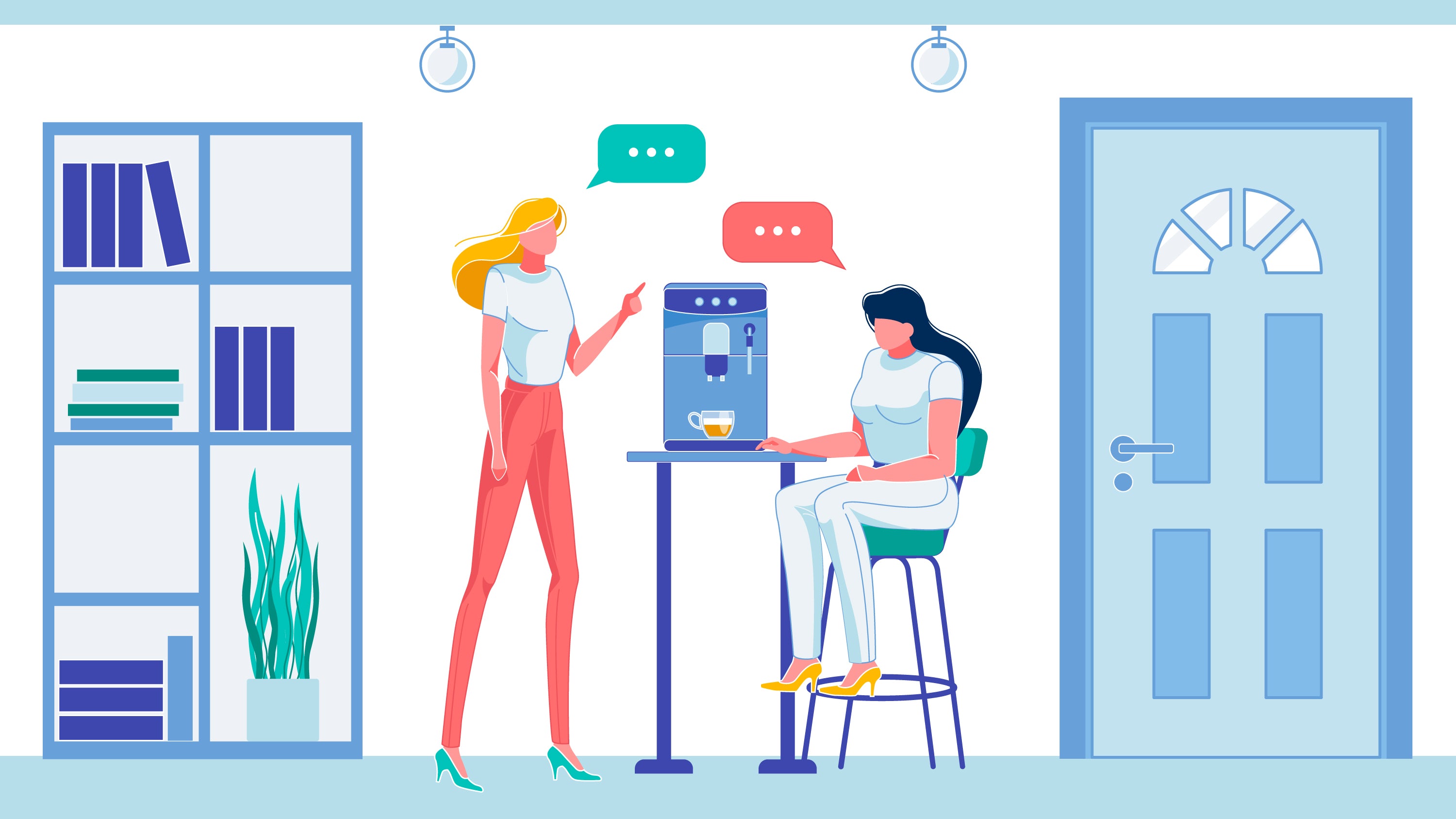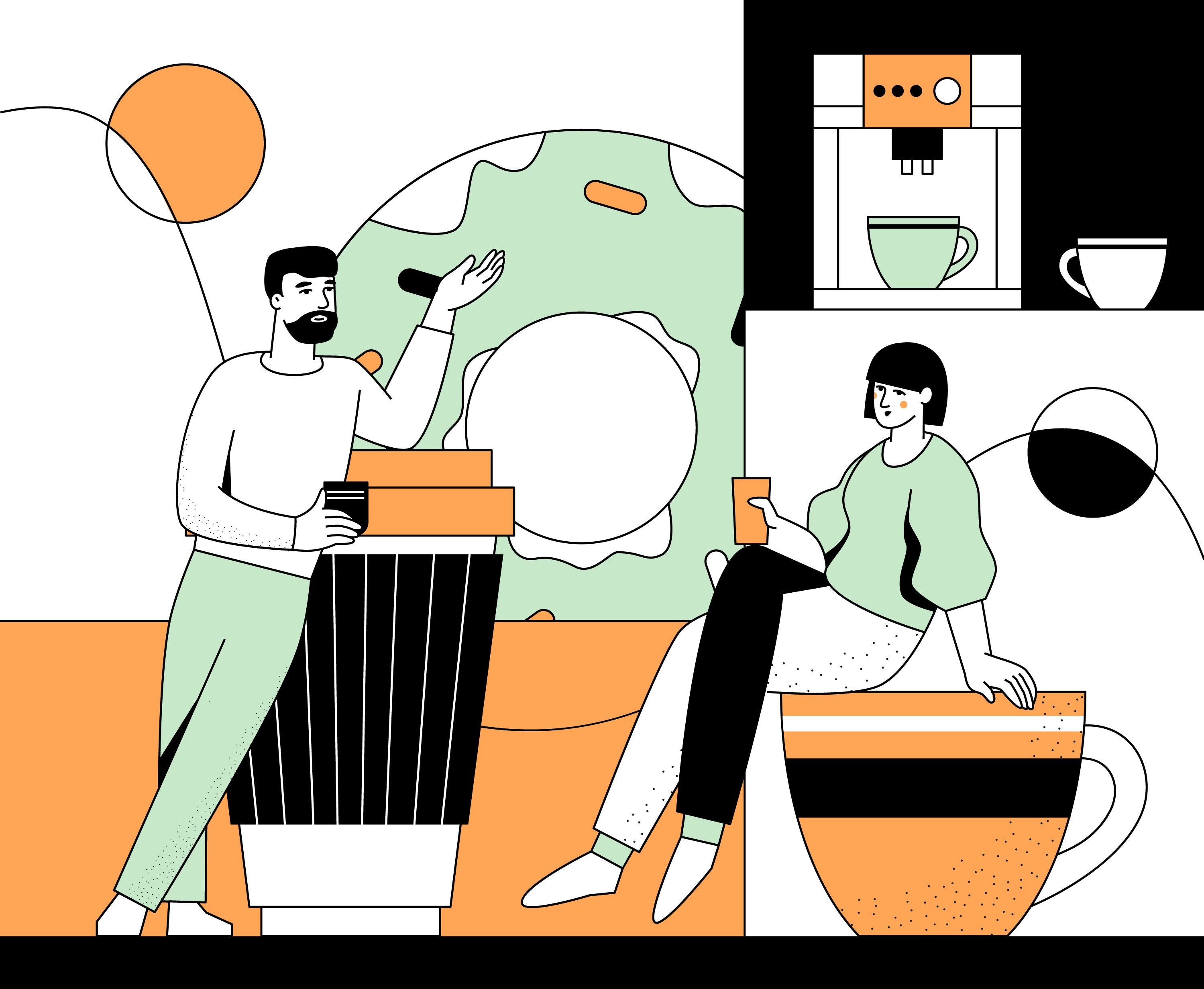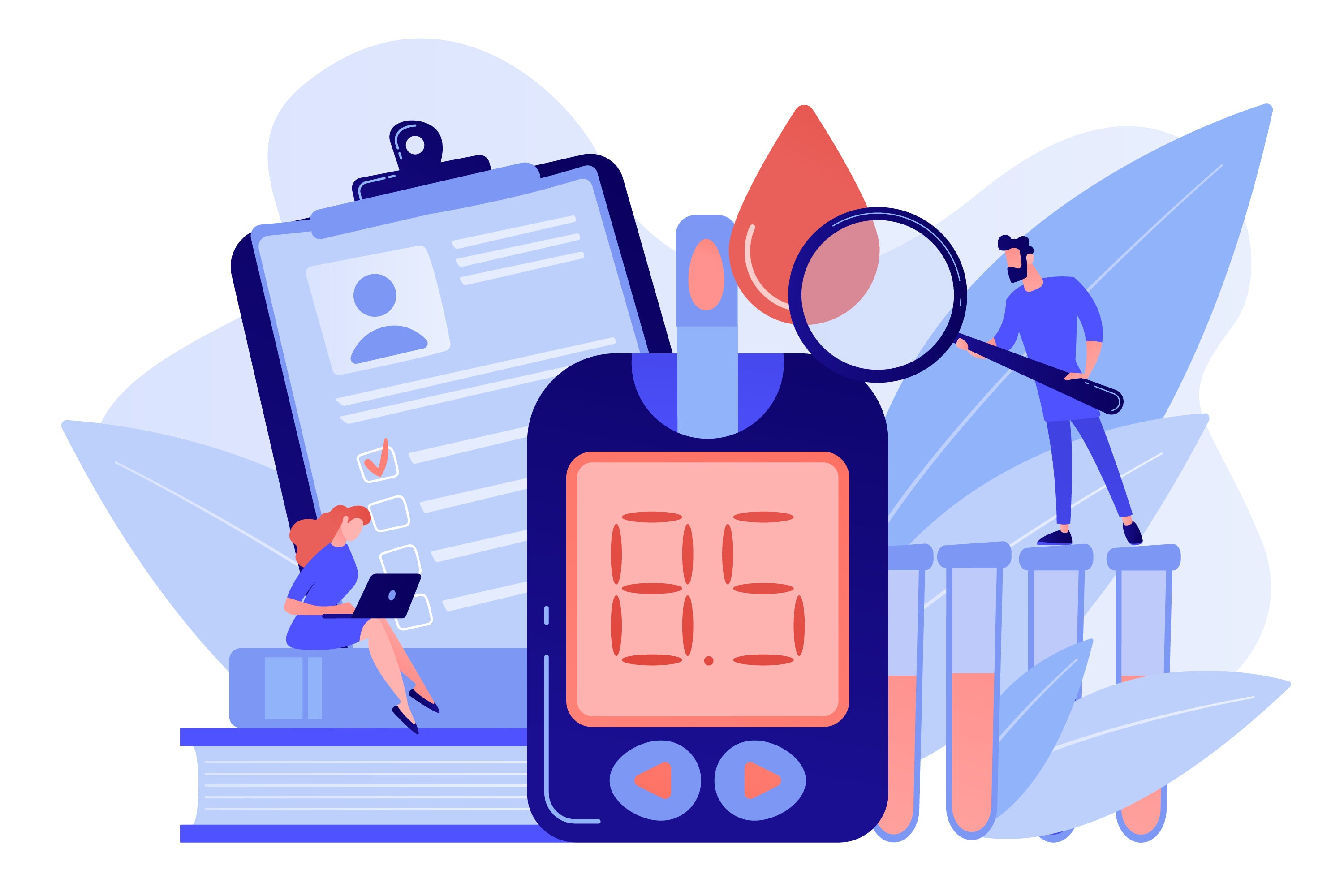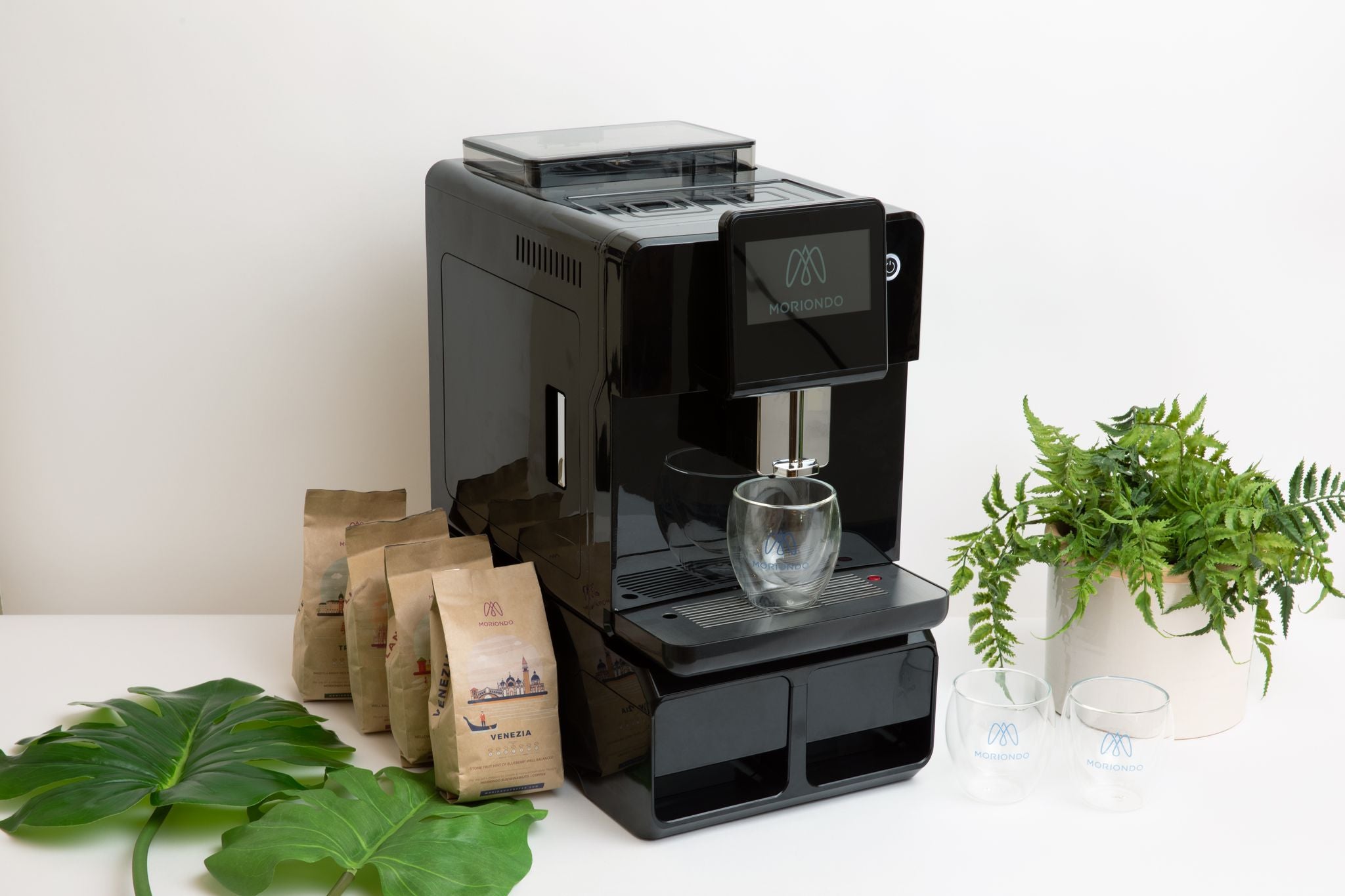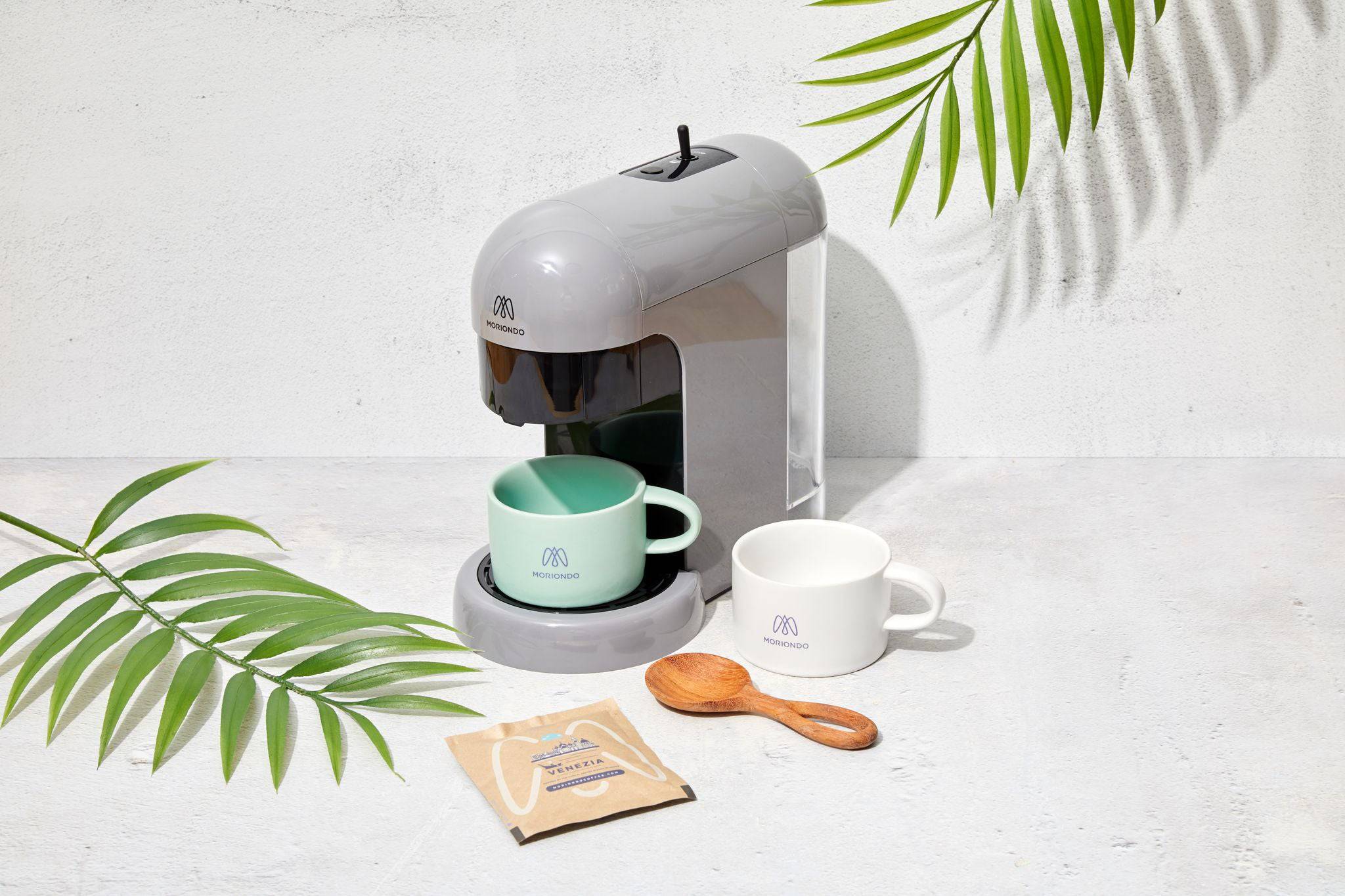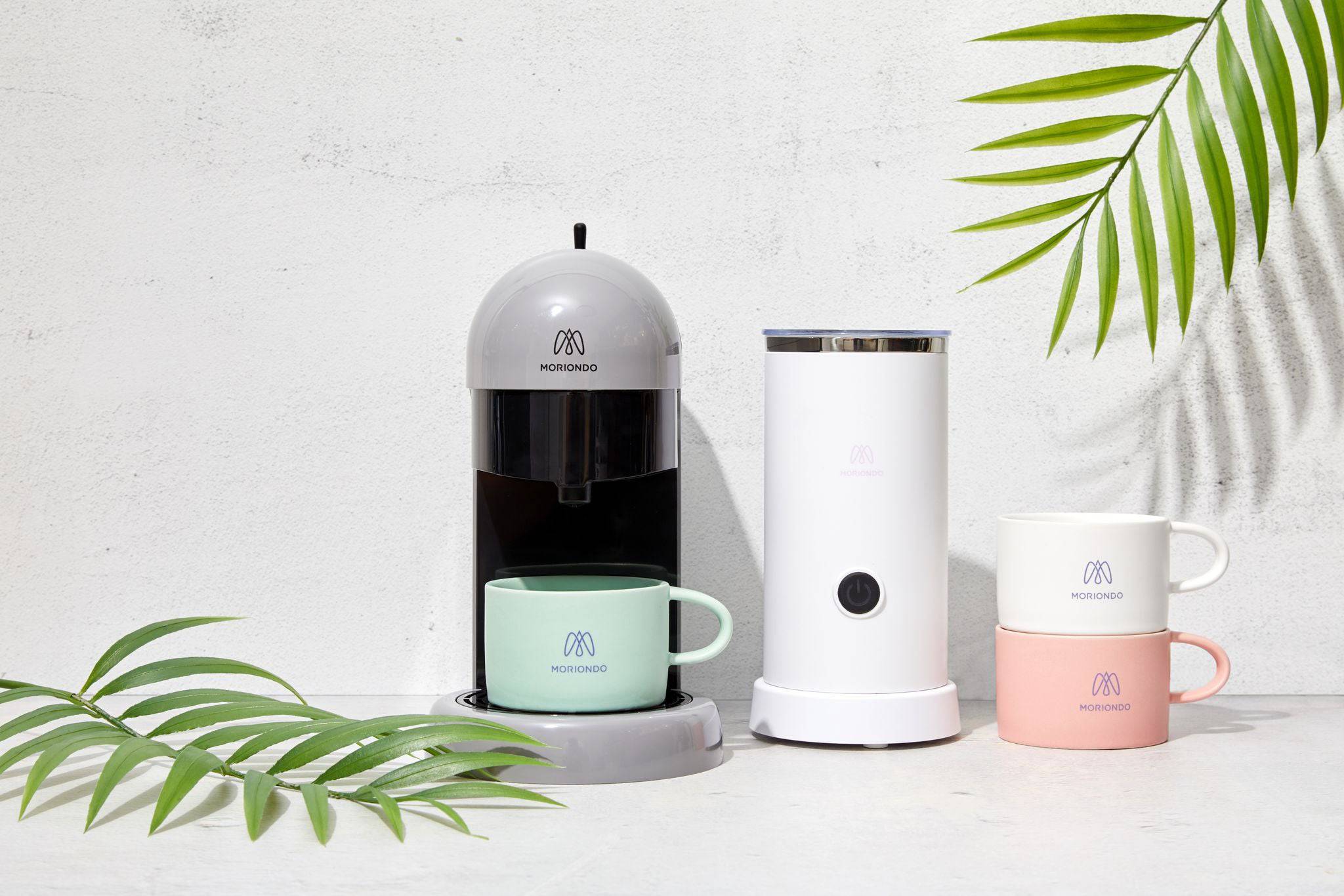Coffee and Diabetes: Everything you need to know
Table of Contents
- How coffee affects blood sugar
- Is coffee good for treating diabetes?
- How much caffeine is too much when you have diabetes?
- Caffeine and exercising
- Does caffeine pose danger to me?
- Which components of coffee directly affect health?
- Can I add sugar to coffee if I have diabetes?
- What kind of coffee is best for someone that has diabetes?
- Takeaway
It's challenging for the average person to go a day without consuming caffeine.
Whether that form takes soda, caffeinated water, energy drinks, or coffee, people enjoy getting a boost.
However, those suffering from type 2 diabetes need to pay special attention to what they consume.
Certain individuals express concern as to if caffeine is right for them.
How coffee affects blood sugar

Caffeine and coffee consumption inevitably causes spikes in the levels of blood sugar.
This happens due to the fact that a hormone response is triggered in our bodies.
At first, coffee consumption will block receptors of adenosine. These are necessary for helping you fall asleep as they bind to your cells. If a blockage occurs with habitual coffee drinking, the activity of cells increases.
Next, natural stimulants created by our brains are increased with the drinking caffeine. These include dopamine, acetylcholine, and serotonin. This applies whether or not you are comparing coffee and diabetes.
Furthermore, it increases the output of adrenaline, which is where blood sugar levels are affected. Specifically, adrenaline tells your liver to release glucose stored within. This provides a boost of energy but also raises the portion of glucose that goes into your blood.
By not getting enough sleep, insulin sensitivity lowers, which typically results in your feeling hungrier.
Consequently, you tend to eat more, leading to increased blood sugar levels.
Is coffee good for treating diabetes?

The average adult consumes approximately 16 oz. of coffee per day. This equates to two cups containing 140mg of caffeine each. Most individuals with healthy bodies can handle up to 400mg.
As a matter of fact, there is a good chance that a cup of coffee each day reduces the risk of the development of type 2 diabetes.
During the year 2015, a group of researchers published the results of a decade-long follow-up study that analyzed the connection between diabetes and drinking coffee.
The original study had a test group of 1,514 men between the ages of 18 to 87 and 1,528 women between the ages of 18 to 89 that did not have diabetes during their enrollment. This group was divided into the following categories:
-
Abstainers (no coffee consumption)
-
Casual coffee drinkers (<= 250 ml per day)
-
Habitual coffee drinkers (>= 250 ml per day)
A decade later, during the follow-up study, close to 200 participants became diagnosed with type 2 diabetes. The authors discovered that habitual drinkers had close to a 55% reduced risk of diagnosis in comparison to those that completely abstained.
One of the clinical nutritionists assigned to the study believes the correlation extends beyond caffeine. In fact, coffee itself is liable to affect pathways for pro-inflammatory cellular signaling.
Circulating SAA levels are likely to affect the homeostasis of glucose. The researchers measured a cup of coffee to be 150 ml.
We might hypothesize that healthy individuals with a lack of history of cardiovascular disease might benefit from daily consumption at this level. Keep in mind that 150 ml is equivalent to about three regular cups.
Although the research team found no correlation between the effects of different coffee intake types on the risk of diabetes, the number of individuals involved in the study was too small to determine whether or not the different types had alternative effects on the risk of diabetes.
How much caffeine is too much when you have diabetes?
The effect on blood sugar from caffeine differs by person. Still, it's necessary to keep track of the way you react to it. It will not necessarily be identical to others in your social circle or family.
Certain people are capable of consuming a whopping 400mg of caffeine per day without problems.
However, for others, especially when already diagnosed with type 2 diabetes, half of that figure may cause levels of glucose to fluctuate.
Still, the general consensus is that no person should be ingesting over 400mg daily. This equates to approximately four cups of coffee, 10 cans of soda, or simply 2 energy drinks.
There are many popular brands of energy drinks in which the amount of caffeine in a given serving can range from as low as 6mg to as high as 242mg.
Other sources include chocolate and tea.
Even a cup of decaffeinated coffee contains approximately 4mg per cup (this dispels the myth that decaffeinated coffee has no caffeine). Still, caffeine concentrations can widely vary depending on the location of your coffee, the kind of tea you consume, or even the type of manufacturer.
When you consider your total coffee intake, you also need to think about just how many common drinks and foods include this compound, which can also affect blood sugar.
For example, cereals and coffees flavored with coffee, yogurts, ice creams, granola bars, kombucha, and over-the-counter pain relief in the form of Midol and Excedrin affect blood sugar.
It's not a good idea to just start drinking coffee if you currently have diabetes. This is because there are other factors that play a part in your blood sugar levels, including exercise habits, daily diet, family history, and underlying medical conditions.
Caffeine and exercising
The combination of exercise with caffeine may have a positive effect on the concentrations of blood glucose and insulin resistance.
One study in 2014 analyzed the effects of supplementing 1.5mg of caffeine per kilogram of weight on men suffering from type 2 diabetes with insulin resistance. Results demonstrated that subjects who took supplements had lower levels of blood glucose during exercise.
Another study in 2016 analyzed the way in which supplements of caffeine affect levels of blood glucose in individuals with type 1 diabetes after undergoing consistent cardiovascular exercise.
The results prove that the supplements had a moderate impact to low blood sugar during exercise. Researchers also warned that the risk for the same disease (hypoglycemia) could increase.
Still, regardless of whether your type 2 diabetes is impacted by caffeine and the how much is in accordance to your particular situation. You should consult the help of a health care provider about your intake and the way in which it might affect your health.
Does caffeine pose danger to me?
The growing popularity of energy drinks containing high levels of caffeine has become a grave threat to the public, according to the FDA.
In fact, as recently as April 2021, this government organization started monitoring the marketplace for products considered to have excess levels of caffeine.
Outside of these potentially toxic products, though, moderate consumption of caffeine at the maximum threshold of 400mg is still safe for most people. This means that the level of caffeine that is considered healthy to consume on a daily basis varies by individual. The FDA has recommended that those with access to health care find out how much caffeine they should reasonably consume without going overboard.
Even if you happen to tolerate caffeine well, it's essential to carefully read nutritional information and labels on your food and drinks to know how much caffeine is inside of what you are consuming.
This includes certain prescriptions and OTC pain relievers.
Which components of coffee directly affect health?
The two most common components that can affect your health by drinking coffee include antioxidants and caffeine.
-
Research has demonstrated that coffee includes several strains of antioxidants, which are the main source of health benefits. These antioxidants positively impact your health by reducing levels of inflammation in your body.
-
Caffeine is the most obvious component you are exposed to when you drink coffee and is a natural stimulant that manipulates how your body responds to exposure to insulin sensitivity.
Can I add sugar to coffee if I have diabetes?
For those with diabetes, you'll need to work with a care provider to understand the levels of sugar you can consume per day, including what you put in your coffee. The recommended intake of daily sugar for someone with this condition differs from person to person.
It's likely OK for you to consume small amounts of sugar.
However, the American Diabetes Association suggests that such individuals avoid drinks containing high concentrations, or completely skip them. If you enjoy taking time off for your coffee, keep in mind that many of the beverages come with significant added sugar levels.
What kind of coffee is best for someone that has diabetes?
Although coffee offers certain health benefits, sugary, creamy coffee drinks are more harmful than they are good. For those with diabetes, a proper rule of thumb is to stick with black coffee. If necessary, you can add small amounts of milk or sweetener.
-
Milk: It's recommended to consume skim milk, low-fat milk, or low-carb plant-based milk.
-
Sweetener: Limit sugar or replace it with natural alternatives that contain a low glycemic index. You should also limit the number of artificial sweeteners you use.
In the event that you do pay a visit to your local shop to drink coffee consider the following tips:
-
Request "skinny" options
-
Avoid syrups
-
Drink coffee unsweetened, then manually add sugar to control the amount
With diabetes, both what you eat as well as what you drink are equally important. Specialty coffee drinks contain tons of dairy, syrups, hidden sweeteners, and carbs can quickly add up.
Takeaway
There is still ongoing research with respect to how coffee affects your blood sugar and insulin sensitivity.
However, for those with diabetes, it's still safe to enjoy coffee; albeit with some limitations.
Always keep track of your blood glucose levels, reducing the amount of added sugar.
Good Tasting Coffee: How to Identify Coffee Flavors

In order to appreciate the different types of coffee available, it's important to cultivate an awareness of its unique characteristics. Let's take a look at the way coffee connoisseurs judge different cups of coffee.
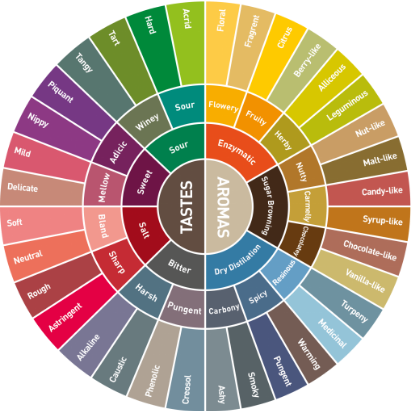
Aroma
The scent of a cup of coffee has a direct influence on how we perceive its flavor. As you drink coffee try to notice if the scent is smoky, fruity, earthy, spicy, nutty or grassy.
Acidity
One of the most defining characteristics of a cup of coffee is its acidity. This is the sharp, bright tangy quality of coffee that perks up our senses. Coffee doesn’t necessarily contain just one type of acid, either. It may contain citric acid, malic acid (fruity in flavor) or even quinic acid from stale coffee, which gives us stomach aches.
Body
This is the weight, thickness and texture of coffee in your mouth. The body of different types of coffee falls on a spectrum of light- to full-bodied viscosity (thin to thick).
Flavor
This is where comparisons come in handy and there is some overlap between aroma and flavor. Your coffee might taste bitter, sweet, savory or sour with common comparisons to chocolate, wine or fruit.
Related Posts

